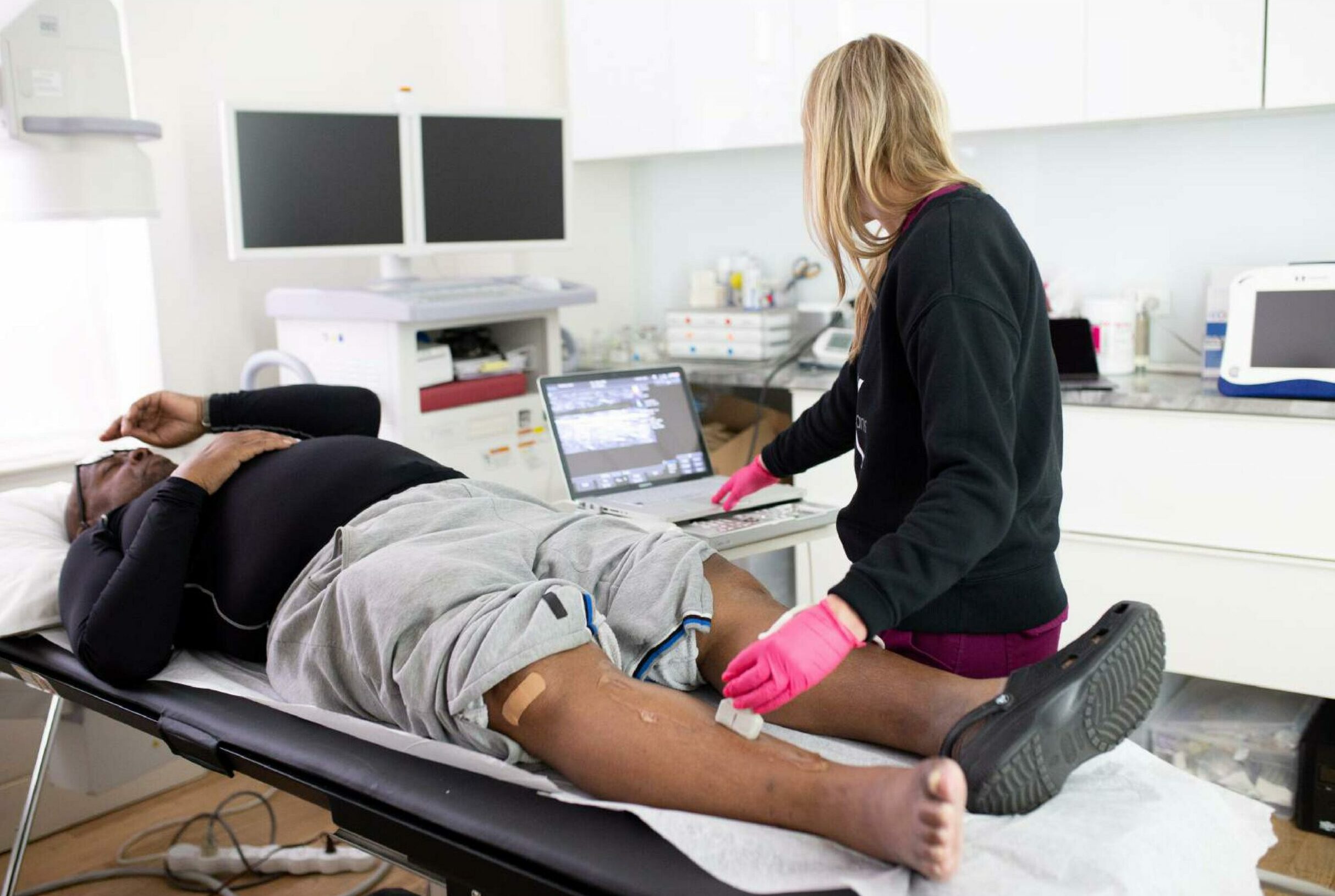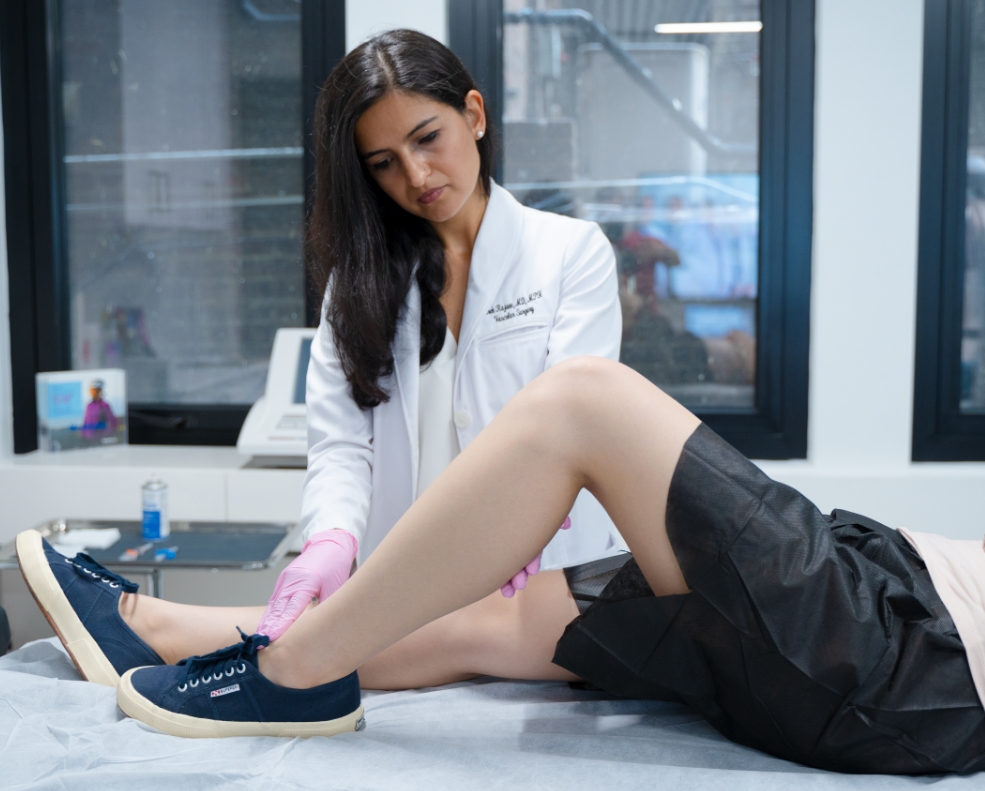Are you about to visit the vein clinic center?
If yes, you are in the right place to learn about vein specialists and how to get the right one to treat your veins. If you are suffering from an uncomfortable vein, you need to get checked by an expert. Understanding what to expect during your visit can help alleviate anxiety and prepare you for a smooth and effective treatment journey. Here is an overview of what typically happens during a first-time visit to a vein clinic.
? An initial consultation and medical history are to be taken.
This is a very important appointment, as in the vein clinic, you may encounter a specialist, often a vascular surgeon or a phlebologist (vein specialist). At this consultation, your doctor will explore your medical history, any symptoms you are currently dealing with, and family concerns about vein issues. Venous disorders are often associated with leg pain, leg swelling, visible veins, and ulcers in aggravated cases where the skin shows discoloration or the development of sores. Thus, the present moment is the right time to express concerns or queries about your symptoms or treatment choices.
? Physical Examination
Once the doctor has reviewed your medical records and symptoms, they will examine the affected areas through physical examination. They will assess the patient for problems caused by vein disease, like swelling, varicose veins, skin discoloration, or ulcers. With the physical exam, the doctor will then be able to evaluate your condition and decide on the steps for diagnosis and treatment.

? Ultrasound scanner image
In numerous cases, if your doctor notices the possible existence of vein problems, they suggest you undergo an ultrasound. Ultrasound is a non-invasive diagnostic tool that uses high-frequency sound waves to make images of the blood flow in your veins. It is a non-invasive approach that enables the detection of any irregularities in the vein structure and function, including that of reflux (a condition where blood flows backward due to faulty valves in the veins that are common in cases of varicose veins).
? Treatment options will be analyzed.
Your doctor will discuss the best treatment options based on the findings from your consultation, medical history, physical examination, and any diagnostic tests. Treatment options for vascular ailments can range from compression stockings and lifestyle changes (exercise, weight management, resting with legs elevated) to more advanced techniques like sclerotherapy, laser therapy, or surgical therapy.
However, each treatment has its own advantages and disadvantages, and your doctor will help you understand them all and what you can expect concerning results and recovery.

? Customized Treatment Plan
If a particular treatment is suggested, your doctor will give you a customized treatment plan. This proposal will include details on treatment options, the duration of the session, costs, benefits, and the recovery process.
? Follow-up Care
Last but not least, your physician will discuss your follow-up care. This care is vital for monitoring any progression or complications post-treatment. They will set up the next meeting as necessary and clearly describe the guidelines for caring for the treated area at home.
Conclusion
This article has cleared up all the doubts regarding what kind of doctor is a vein specialist and also what is a vein clinic. Do note that visiting a vein clinic is a proactive step toward managing vein health effectively. Knowing what to expect lets you approach your appointment with confidence and clarity, ready to discuss your symptoms and explore treatment options.